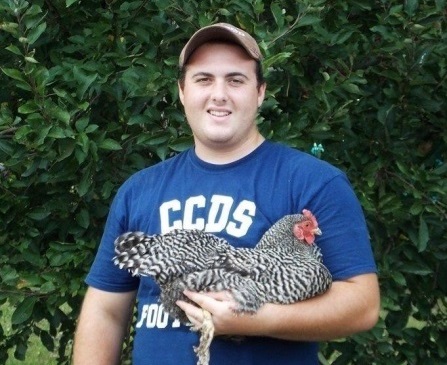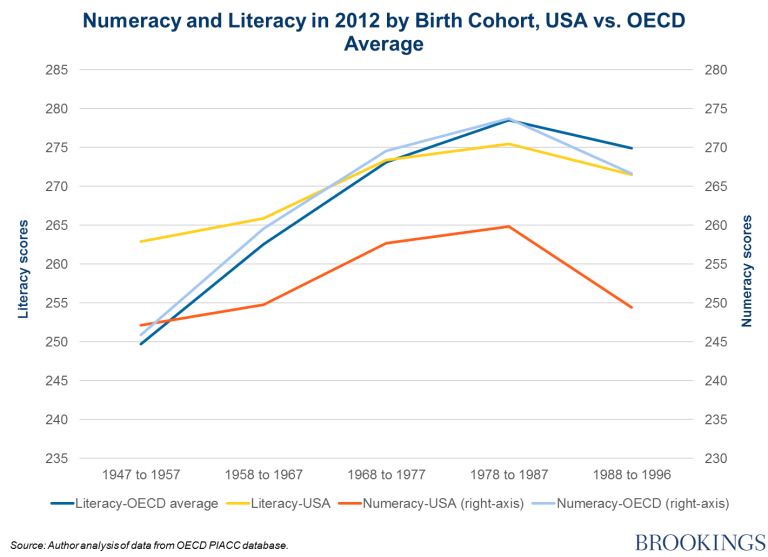By Mia Fatuzzo ’15, News Section Editor
Brooks Warner ‘14, an avid 4-H participant and the newly elected president of his local 4-H club (the Down to Earth 4-Hers), recently won several awards at the county fair. The county fair served as the culmination of a 4-H project for which he raised non-market poultry. Warner was awarded second place for standard female, first place in showmanship, and the title of Best American Breed (The Barred Rock), which equates to Grand Champion.
Warner became interested in 4-H when he saw his friends showing their animals at the county fair. He first considered showing cows, buying his cow, Petunia, with the intention of doing so, but ultimately determined cows cumbersome. He then turned to poultry which he found to be both easier to raise and a better investment. Warner does, however, harbor a desire to show Petunia in the future.
4-H, a youth organization in the United States administered by the National Institute of Food and Agriculture of the USDA (United States Department of Agriculture), endeavors, as stated in their motto, “to make the best better.” The four Hs of 4-H represent the four areas of the existence which the program works to develop: the head, heart, hands, and health. An extracurricular, according to avid participant Warner, for those interested in the agrarian, 4-H offers to its participants the opportunity to learn about the different trades and skills associated with agriculture. It educates its members by offering projects concerning agriculture and animal husbandry, as well as other topics such as conservation or cooking. An animal husbandry project, such as those which Warner participates in, often culminates in a fair in which the animals raised are shown and adjudicated.
Warner recommends 4-H as a fun and worthwhile extracurricular. He notes that colleges love to see participation in 4-H on applications. While colleges appreciate commitments to all activities such as Girl or Boy Scouts, 4-H is distinctive in that it demonstrates a dedication to skills not normally cultivated in youth in this era.







